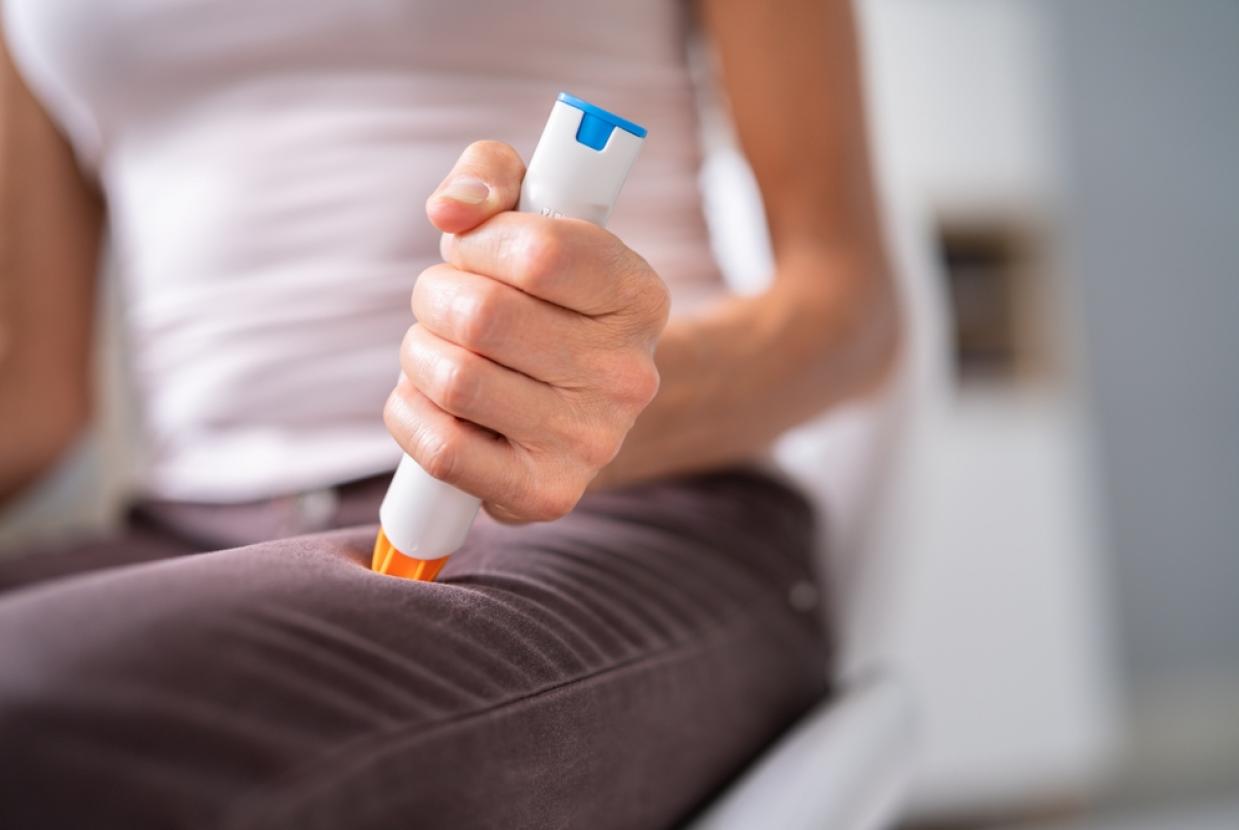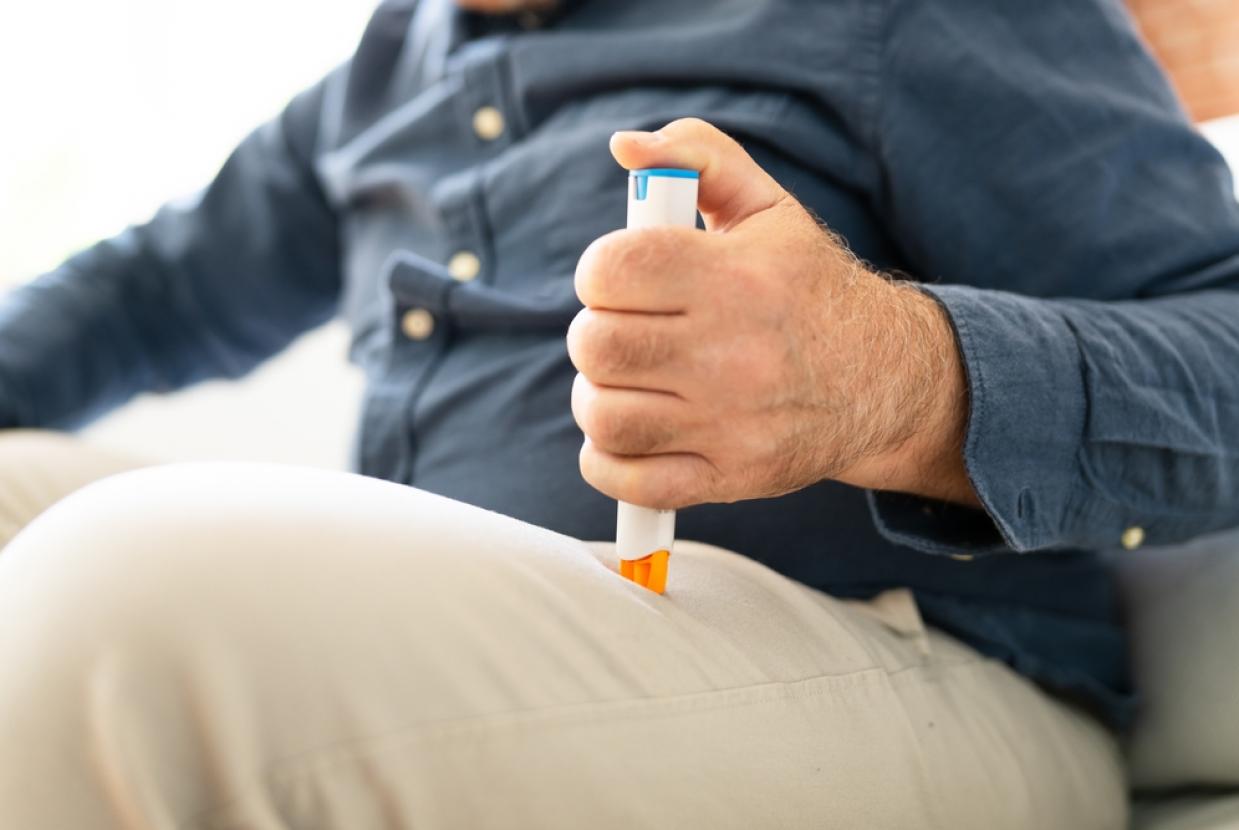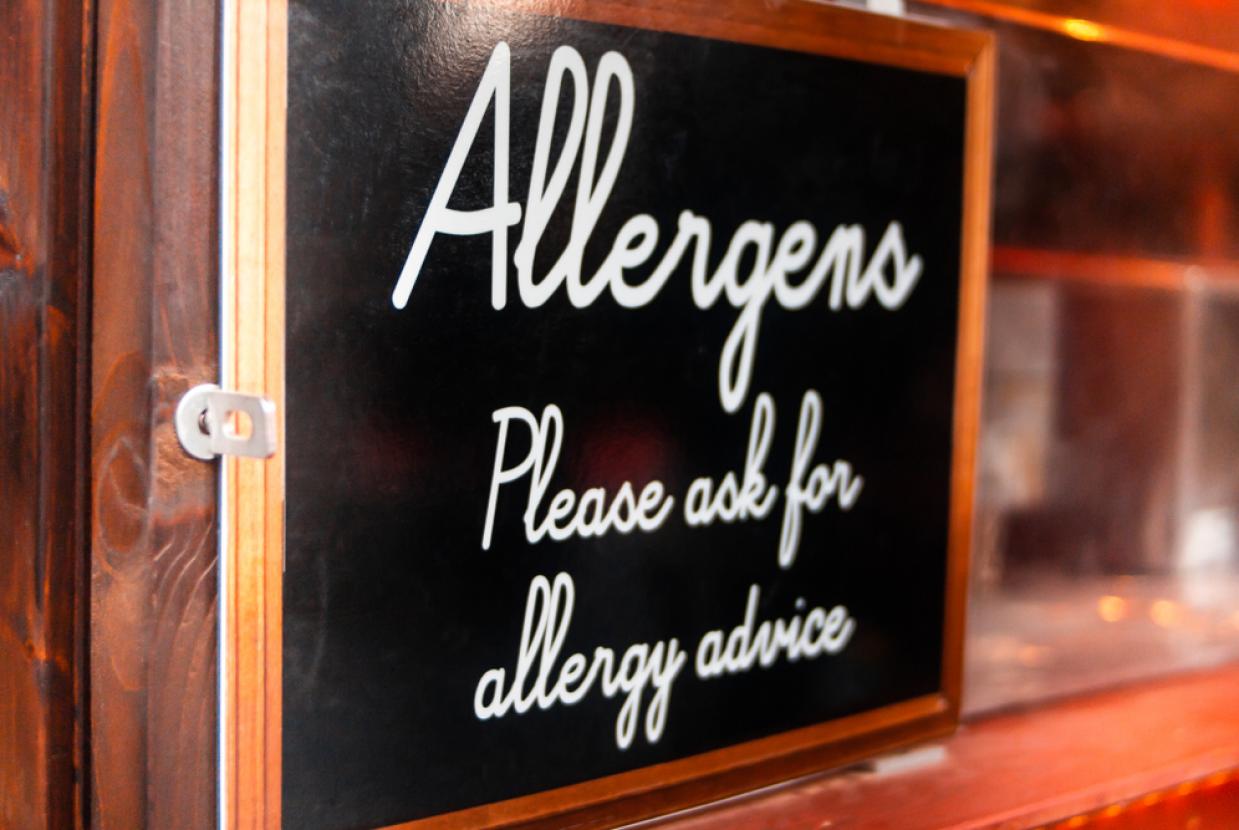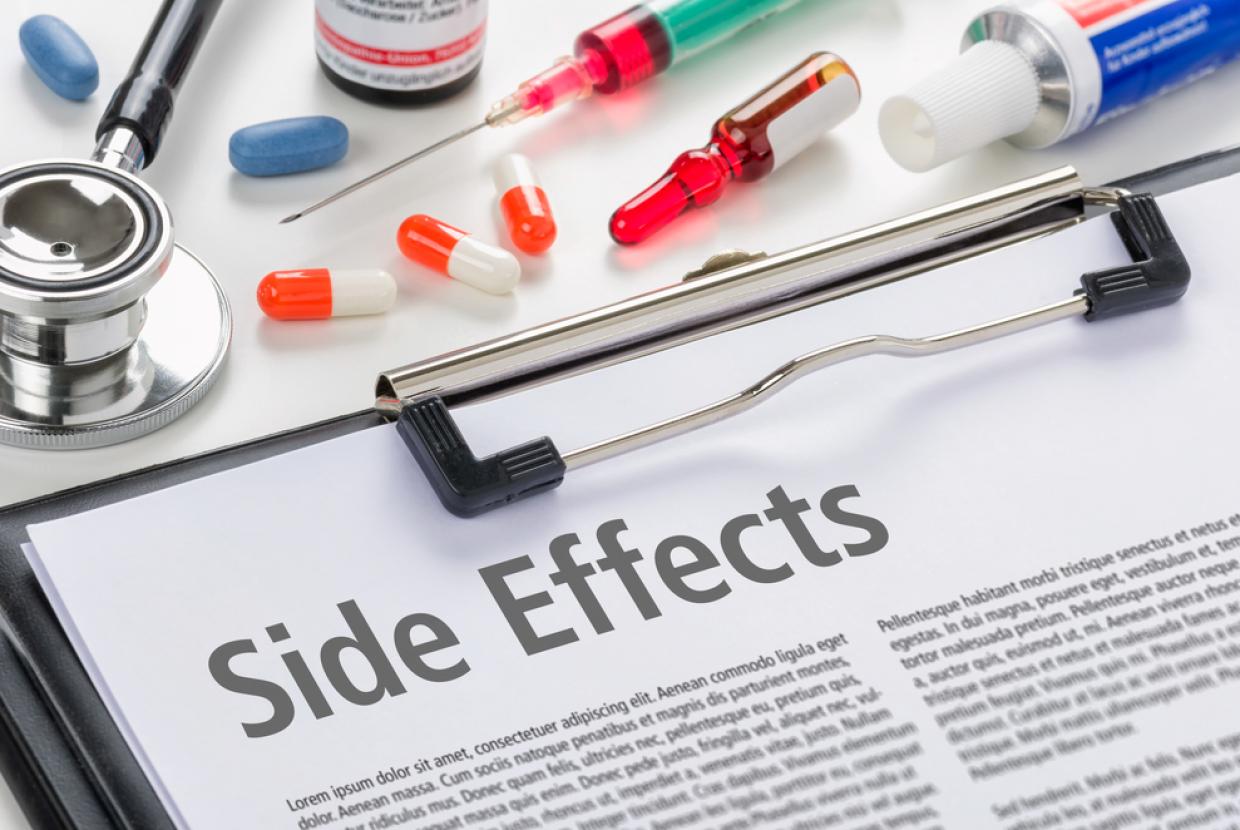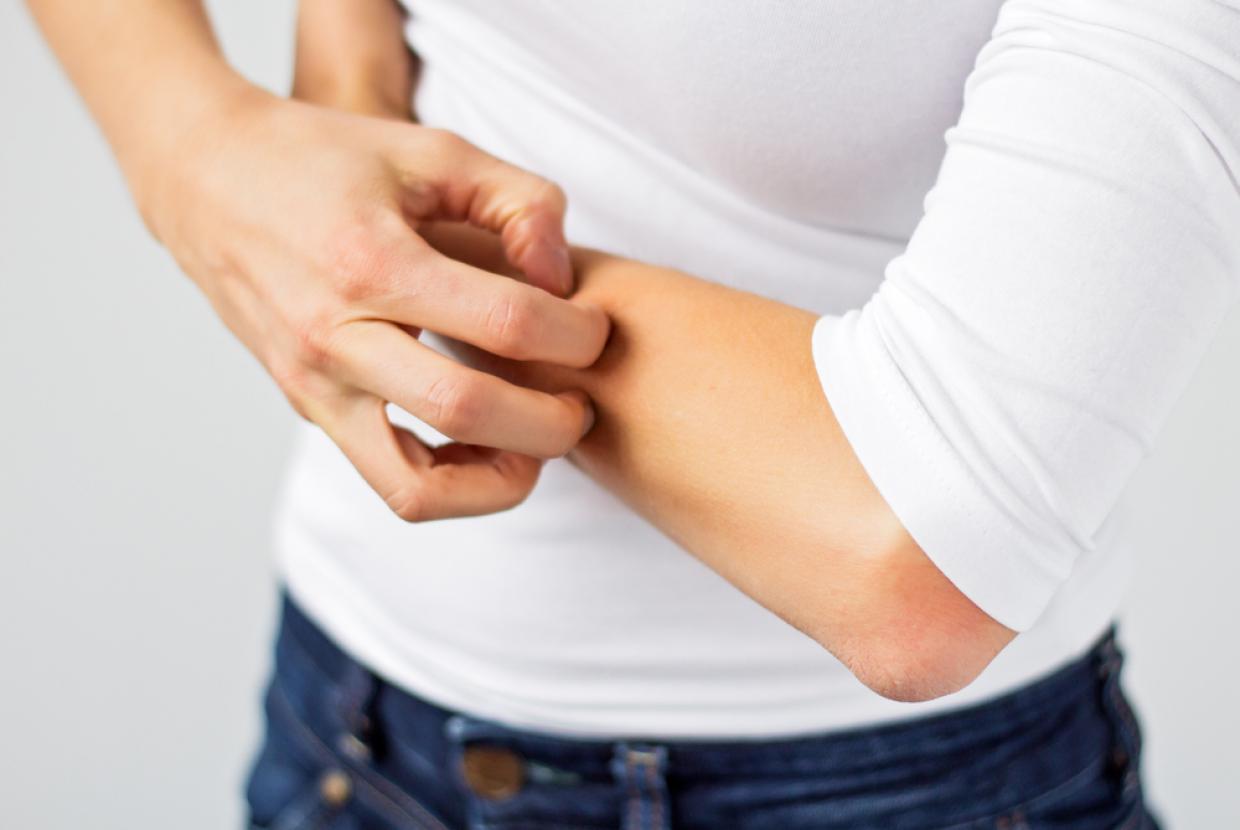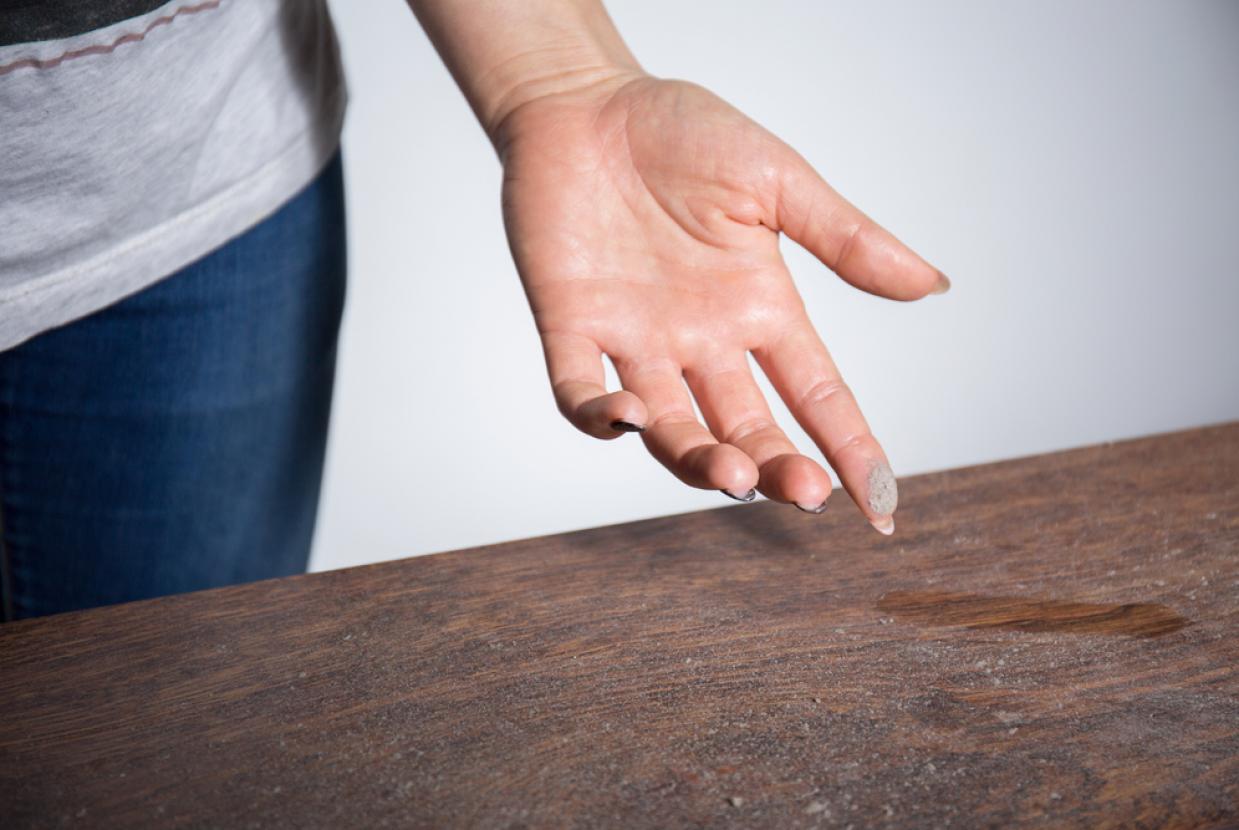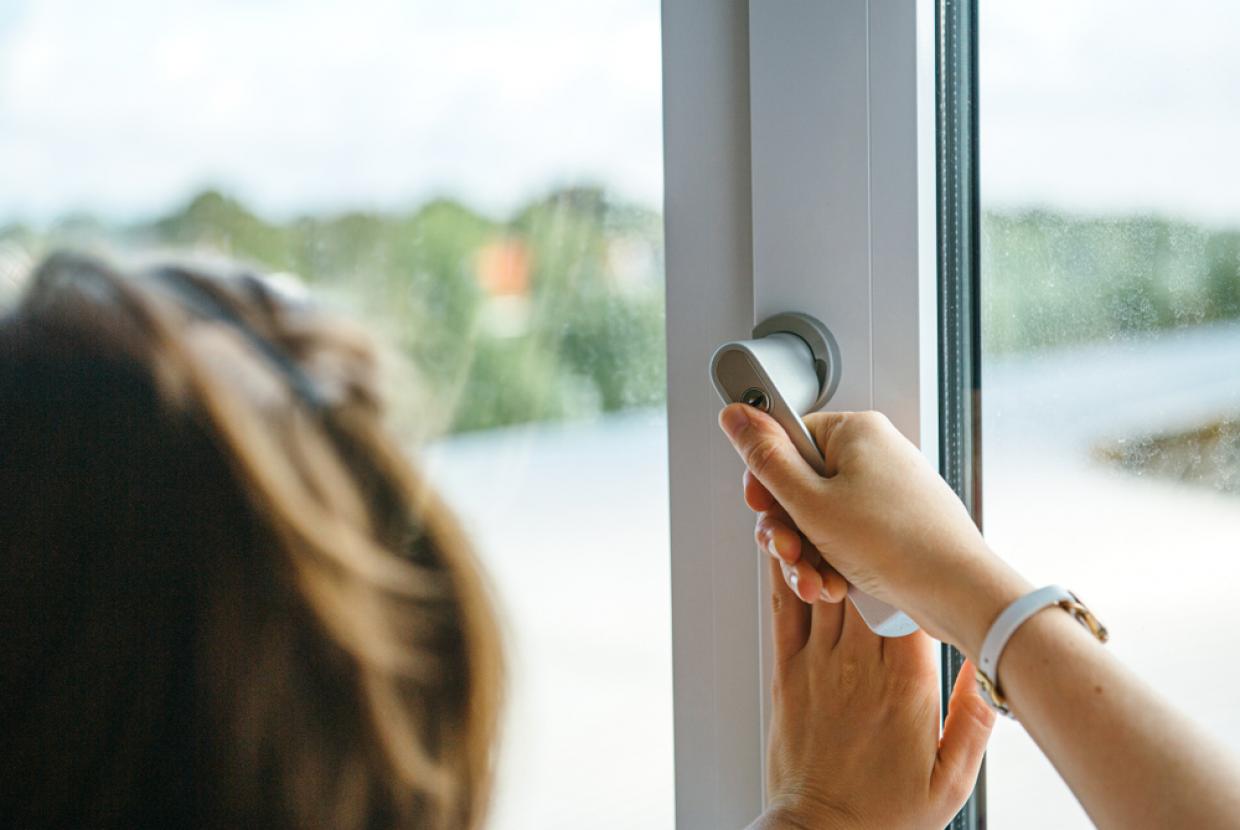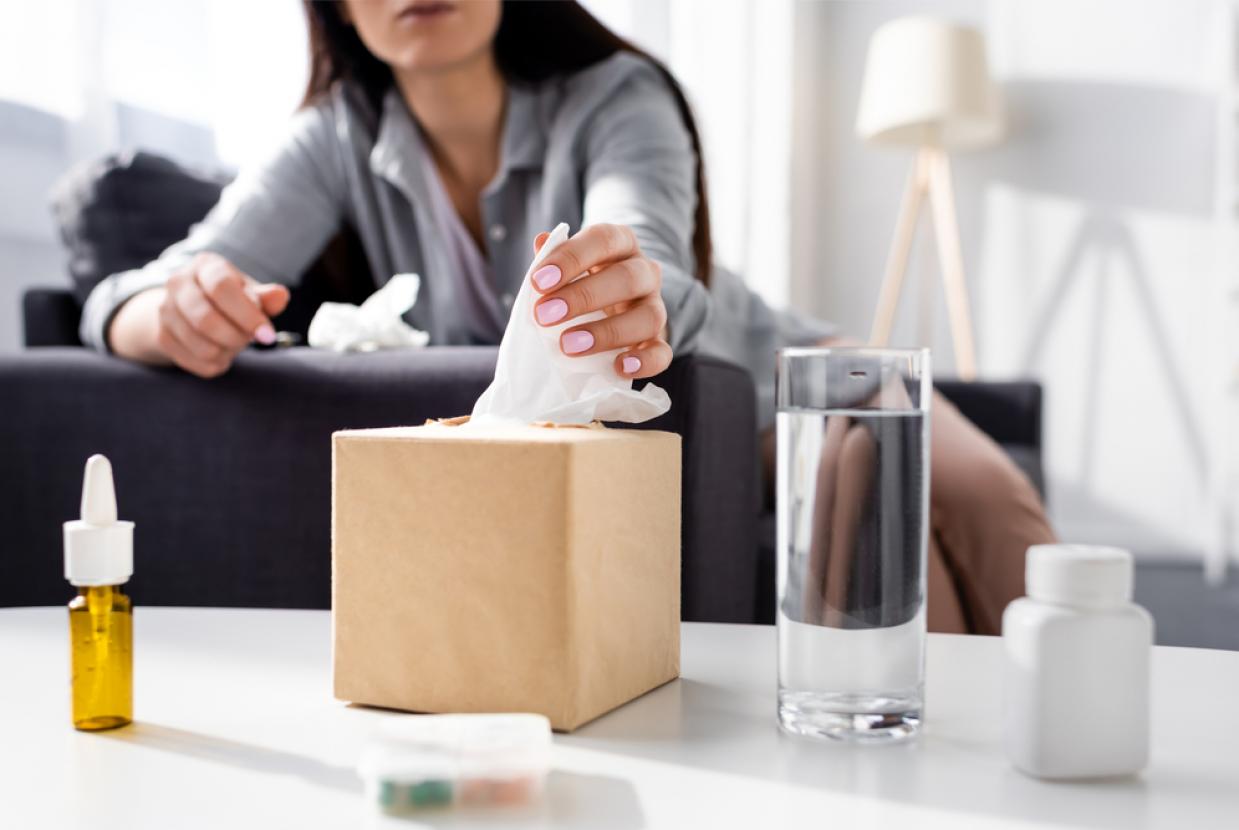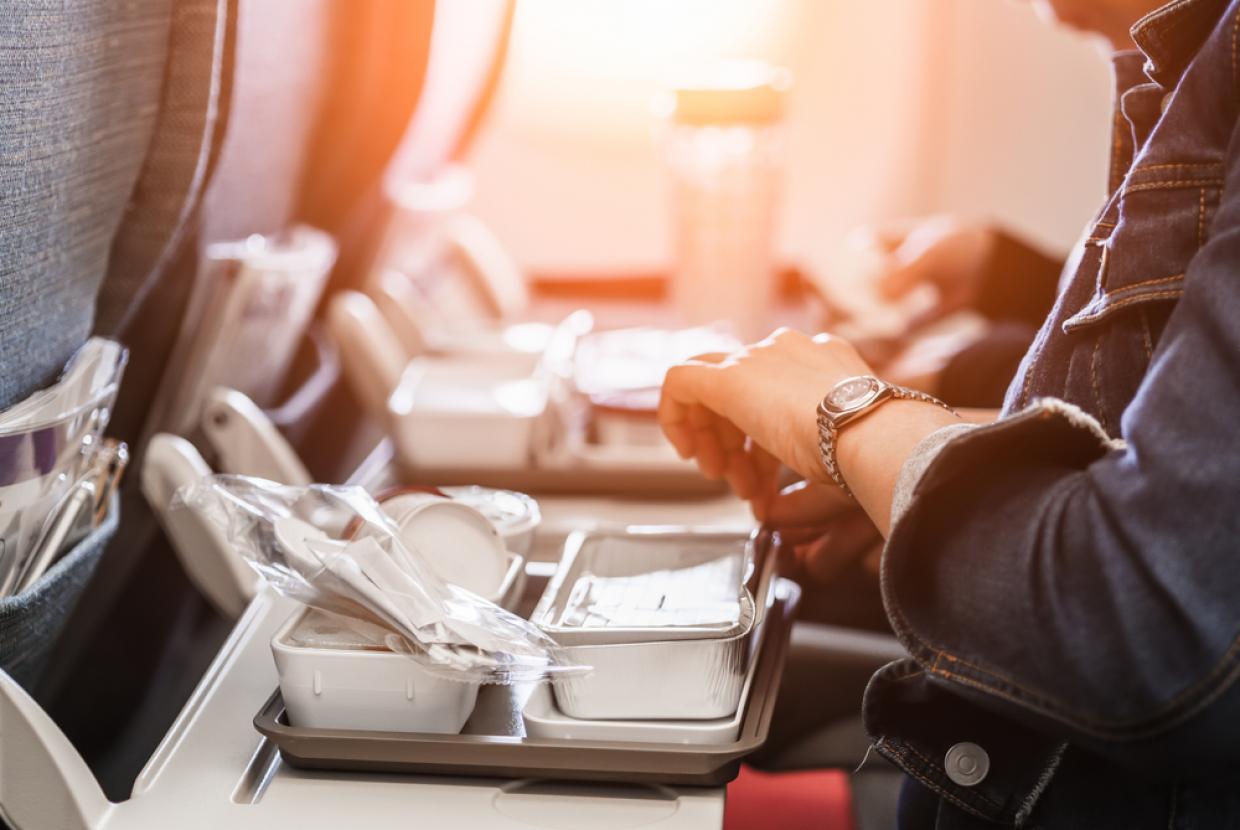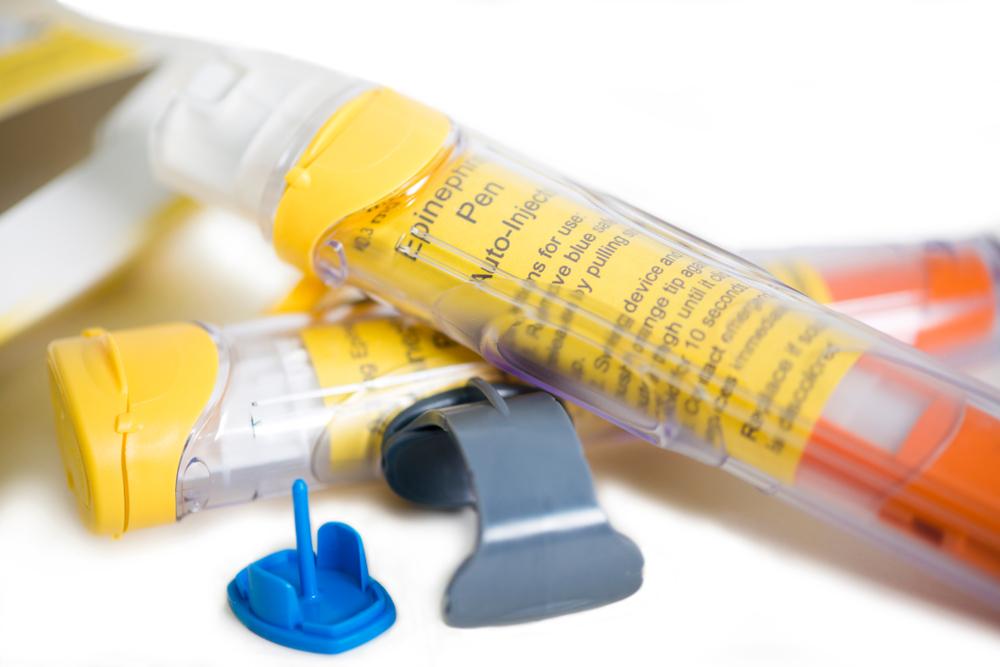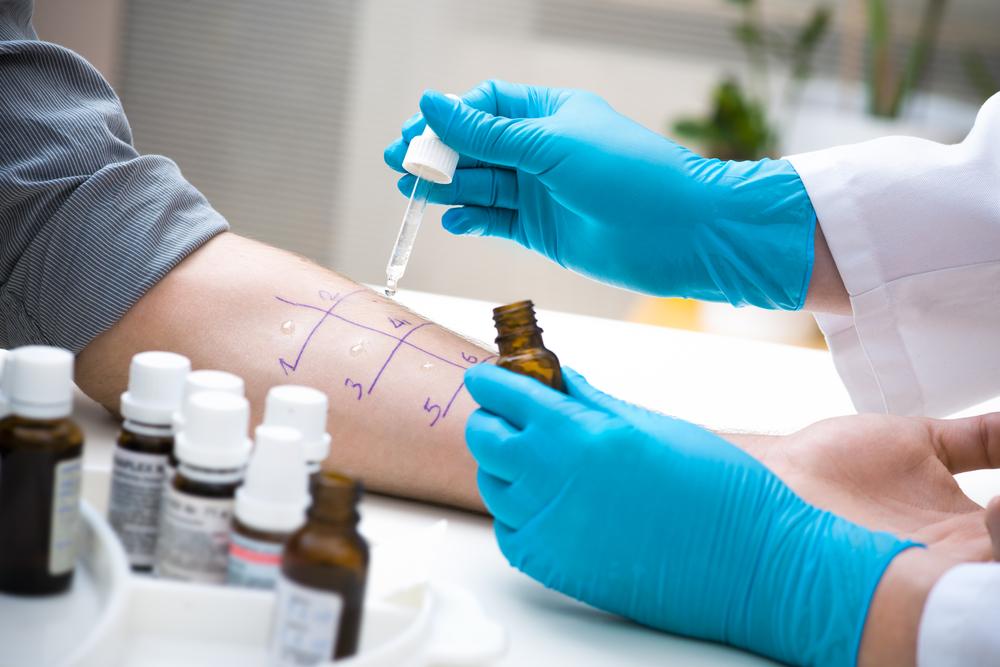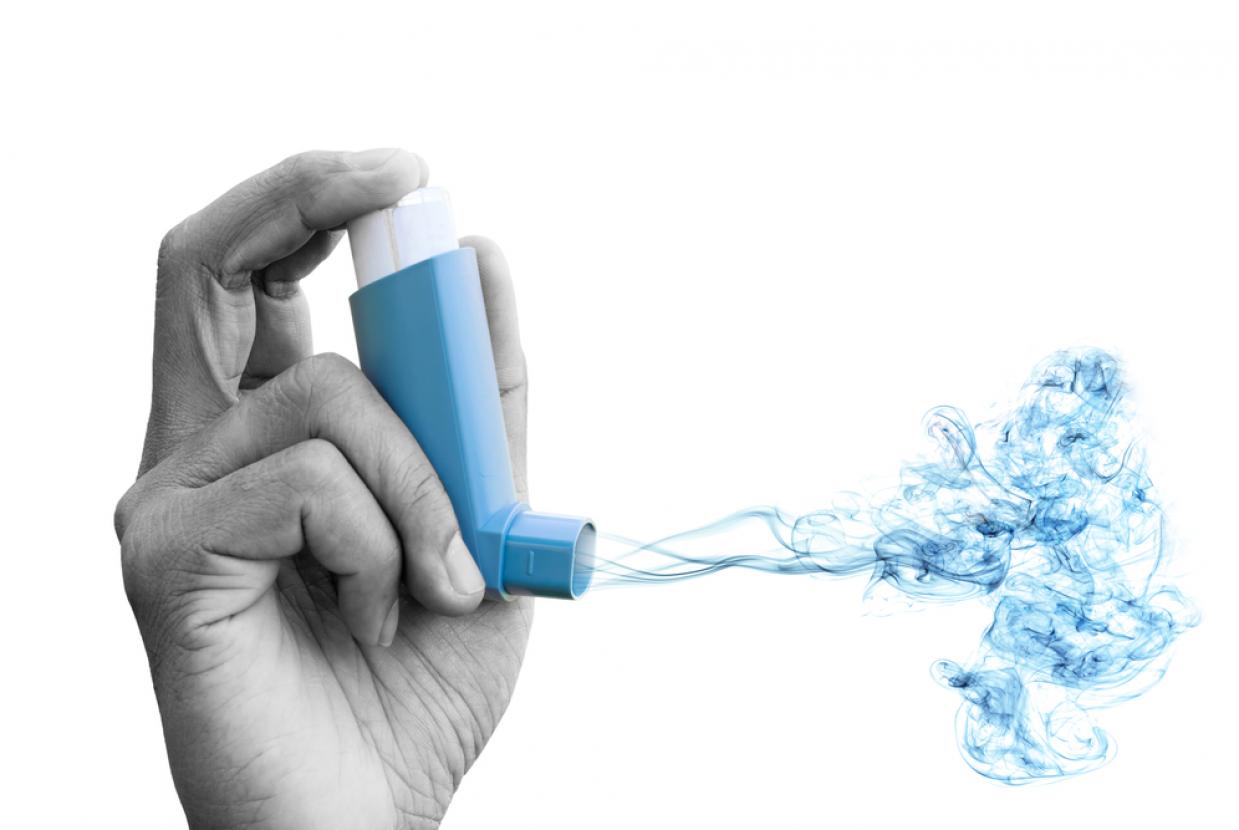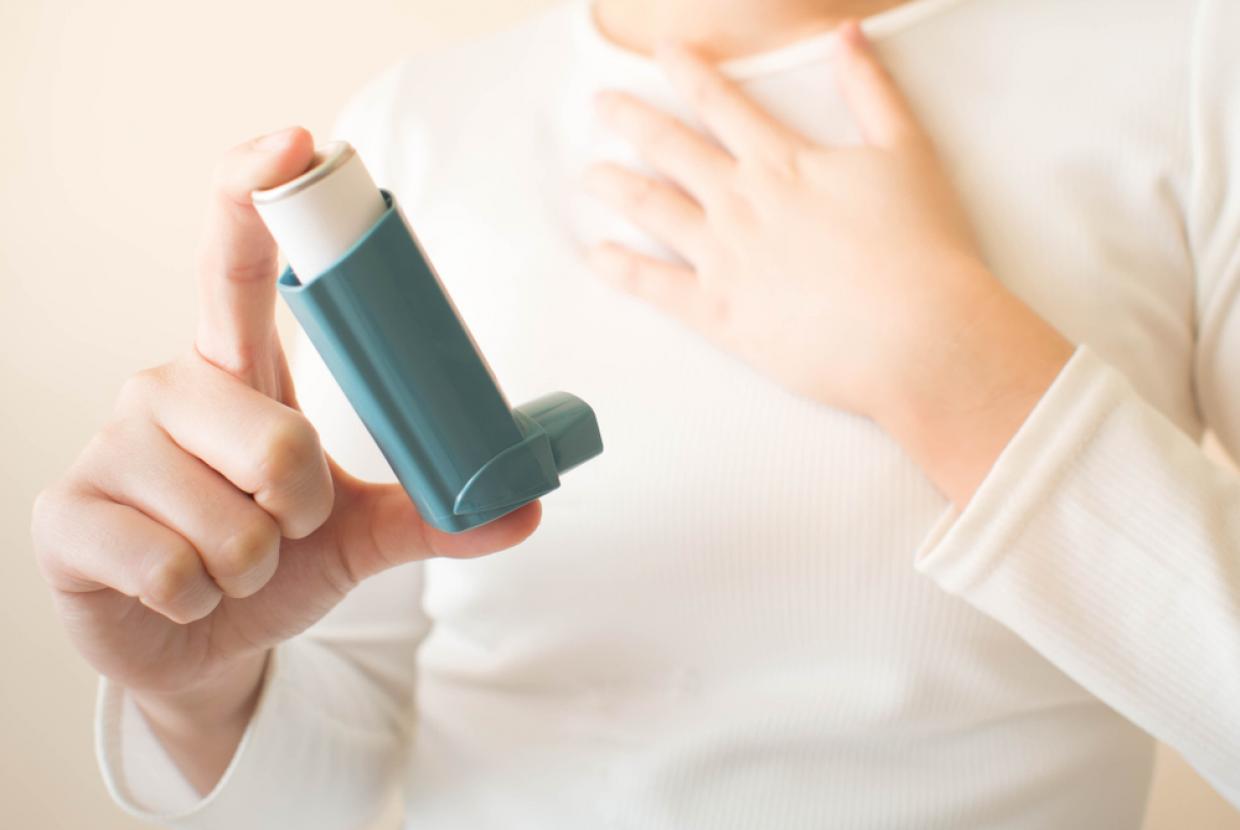Adrenaline Auto-Injectors
Adrenaline auto injectors are prescribed to people with allergies who are at risk of having a severe allergic reaction (anaphylaxis). Adrenaline Auto-Injector devices (AAIs), also known as adrenaline pens, are prescribed to people with allergies who are at risk of having a severe allergic reaction (known as ‘anaphylaxis’). Your GP or allergy doctor will ask you questions as part of their allergy focused clinical history, and determine your individual risk, based on several factors in determining whether to prescribe you with an AAI device.
If you have been prescribed an AAI, make sure you carry it with you at all times. Do not rely on someone else picking it up for you, or there being one available. Age appropriate education tailored to children on looking after their AAI is a positive way of teaching the importance of carrying one at all times.
Your GP or allergy doctor should discuss with you how to recognise the signs and symptoms of an allergic reaction, and how to use your AAI device. Having family, friends, teachers and colleagues that also know how and when to give you your AAI device is important, should you be unable to do this yourself.
There are two types of AAIs available in the UK, these are called Epi-Pen and Jext. They both contain the same type of medication called ‘adrenaline’ (also referred to as ‘epinephrine’) which is given by injection, into the outer midthigh muscle. AAIs are prescription only medicines, and need to be prescribed by a healthcare professional –usually your GP or allergy specialist. The dose of adrenaline required is dependent on the age and weight of the person requiring the AAI device, and will be prescribed by the doctor.
Key message: Training is important as each AAI is given differently, so it is important that you are shown how to use your AAI device. Having a trainer device is a useful tool for practicing how to use your AAI and to teach others how to use it, as this varies from brand to brand.
It is recommended that you carry two AAIs at all times, this is particularly important for people who have allergic asthma and a food allergy as they are at an increased risk of a severe allergic reaction.
Taking care of your AAI injector:
- Keep out of the reach of small children, but not locked away or hard to access if needed
- All AAIs come with an expiry date. Keep an eye on the expiry dates and set a reminder or register for an expiry alert service (offered on the manufacturers web-site) several weeks before it is due to expire, to make sure you have enough time to obtain a prescription for a new device.
- AAIs should not be reused and once used should be replaced as soon as possible
- The Medicines and Healthcare Products Regulatory Agency (MHRA) advises people prescribed with an AAI that they should always carry two, in case of an emergency
Having two AAIs is beneficial for multiple situations, including:
- If the first dose is not effective in managing symptoms, and a second dose is required
- The AAI is administered accidentally (there have been cases where the person providing first aid has accidentally injected themselves, resulting in the person having an anaphylactic reaction not getting the adrenaline)
- Where there is a delay in reaching hospital, and a second dose is required
- Always have your AAI with you at all times. If you need to use it, always call 999 for an ambulance telling the call handler it is ‘anaphylaxis’ so they can prioritise the response.
- Adrenaline is a short-acting drug and the effects will wear off quite quickly. It is very likely that further treatment will be required which is why it is important to call an ambulance. All patients receiving emergency adrenaline should immediately be taken to hospital.


